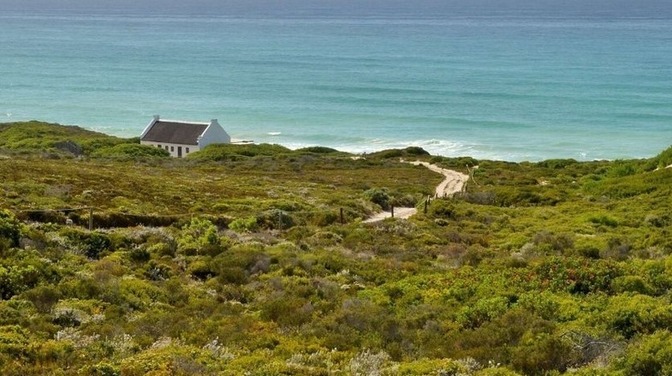
Homes With Solar Sell for 3 - 4% More!
Homes with solar can sell for 3% to 4% more than homes that do not, says Carl Coetzee, the CEO of BetterBond.
Coetzee said it is a good idea for homeowners to take advantage of the new solar panel tax incentive if they have the financial means to invest in renewable energy.
In February this year, finance minister Enoch Godongwana delivered the 2023 National Budget Speech, with one of the major initiatives being two new tax measures to encourage individuals and businesses to invest in green energy.
Regarding homeowners, from 1 March 2023, people who install rooftop solar panels are able to claim a rebate of 25% of the cost of the panels, up to a maximum of R15,000 - until 29 February 2024.
The solar panel tax incentive, announced in the National Budget in February, provides a one-year window of opportunity for homeowners to make the switch to renewable energy. And with load shedding seemingly here to stay, it makes a lot of sense to be thinking solar right now, said the CEO.
“Energy-efficient homes are increasingly sought-after, not only because they are more sustainable over time, but because homeowners want alternative energy solutions that will provide uninterrupted power,” he added.
Green features - including alternative power supplies - ranked in the top five of a recent Lightstone Estate Agent Survey of what buyers desire in new homes.
The higher selling price seen by BetterBond shows that solar solutions have become a necessity - no longer a nice to have.
Solar installations are, however, very costly, and as a result, there are various financing options available to homeowners seeking to no longer sit in the dark.
Major banks, like FNB and Standard Bank, enable customers to apply for a solar energy loan of up to 15% of their property value with new or existing home loans.
Coetzee said that the loan that funds the solar installation is added to the bond amount and registered as one total.
“Homeowners benefit from the same interest rate and term on their home loan,” Coetzee explained. Banks also partner with accredited renewable energy providers to ensure reliable and competitive solutions.
According to the BetterBond CEO, experts in the solar field argue that the amount saved on electricity costs could cover the cost of the initial installation within five years.
Solar solutions vary a lot in price, with multiple institutions offering up different average price expectations.
According to estimates from both Capitec and Absa, the cost for an average household to become fully off-grid using solar panels, battery storage, and backup generators would range from R150,000 to R350,000, depending on the financing methods used.
Absa’s load-shedding finance calculator suggests that a household spending R2,500 per month on electricity would need over R190,000 to become fully off-grid.
Private solar provider Hohm Energy estimates that a medium-energy home could cost around R150,000 to R170,000, while Solana Energy puts the cost of a large-scale solution without solar panels at R290,000.
If solar is outside of a person’s budget, BetterBond said the following alternatives can also help improve energy efficiency at home:
• Have a less open-pan home - allowing free flow of air, but can be expensive to heat and light. If you are buying a new home, consider one with defined rooms that are easier to keep warm or cool down, said Coetzee.
• Living spaces in a home should be north facing to make the most of daylight and warmth.
• Use blackout curtains and blinds to maintain optimal temperatures in summer.
• Pay attention to insulation when viewing a new home.
• Ensure installations, like double-glazing on the windows, fall within your available budget.









































